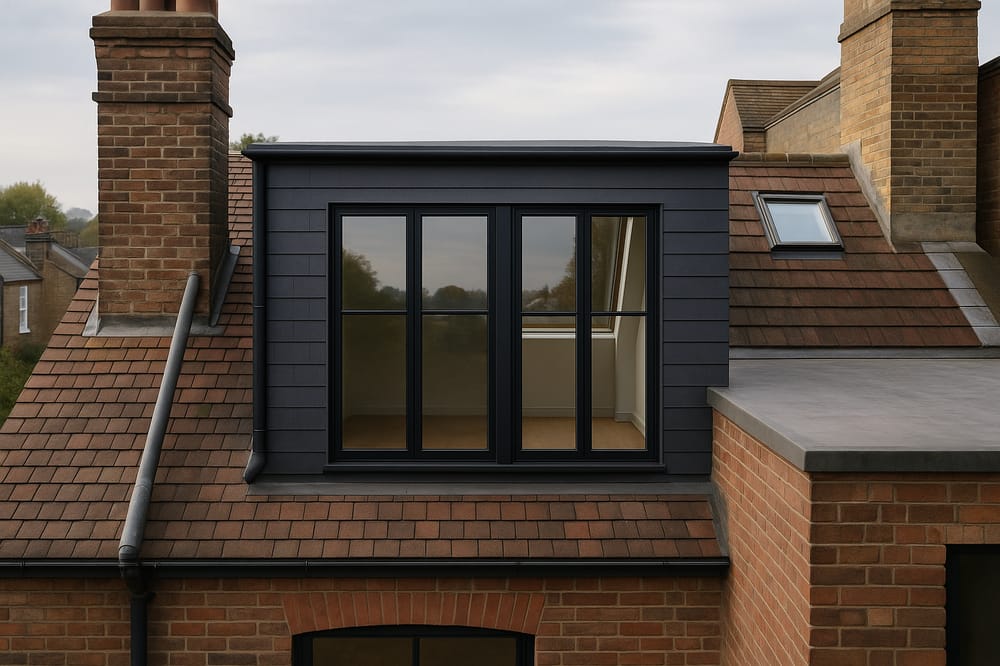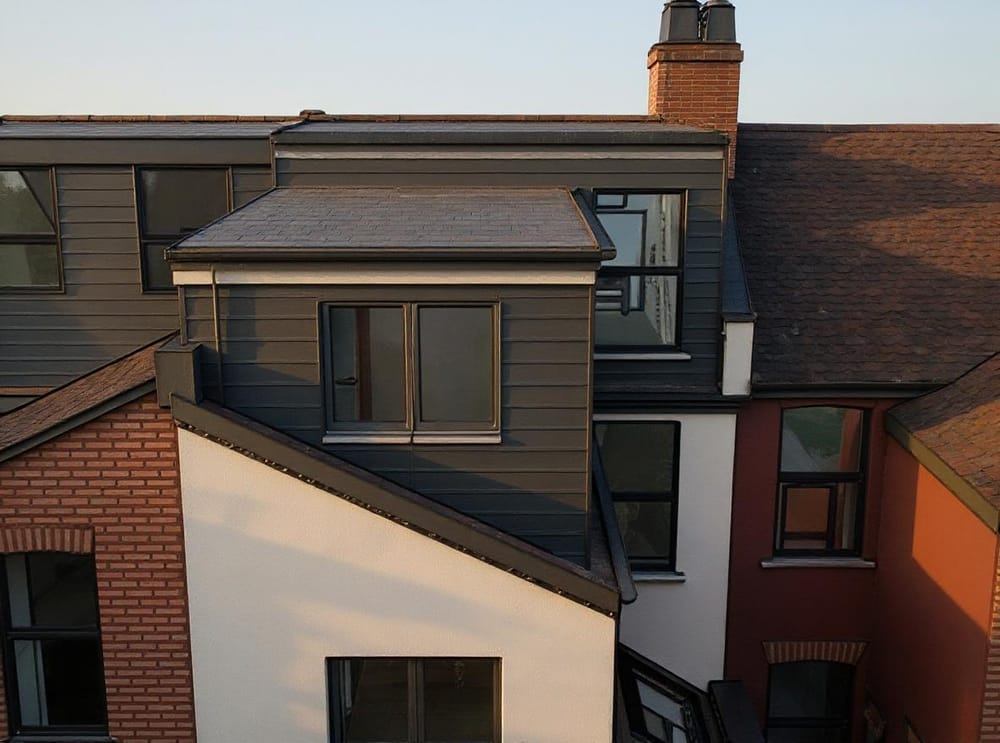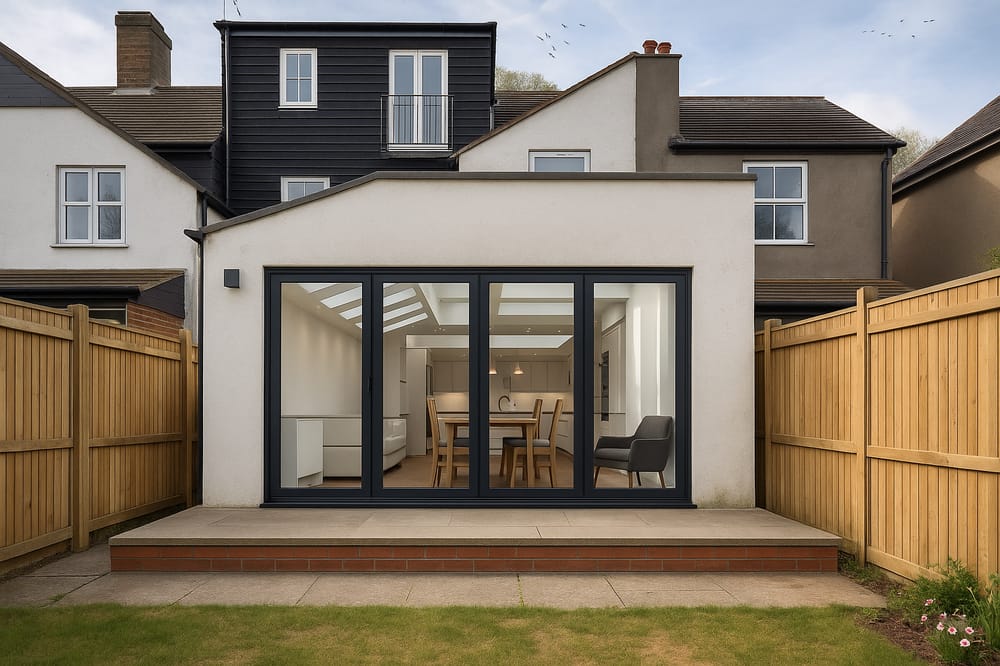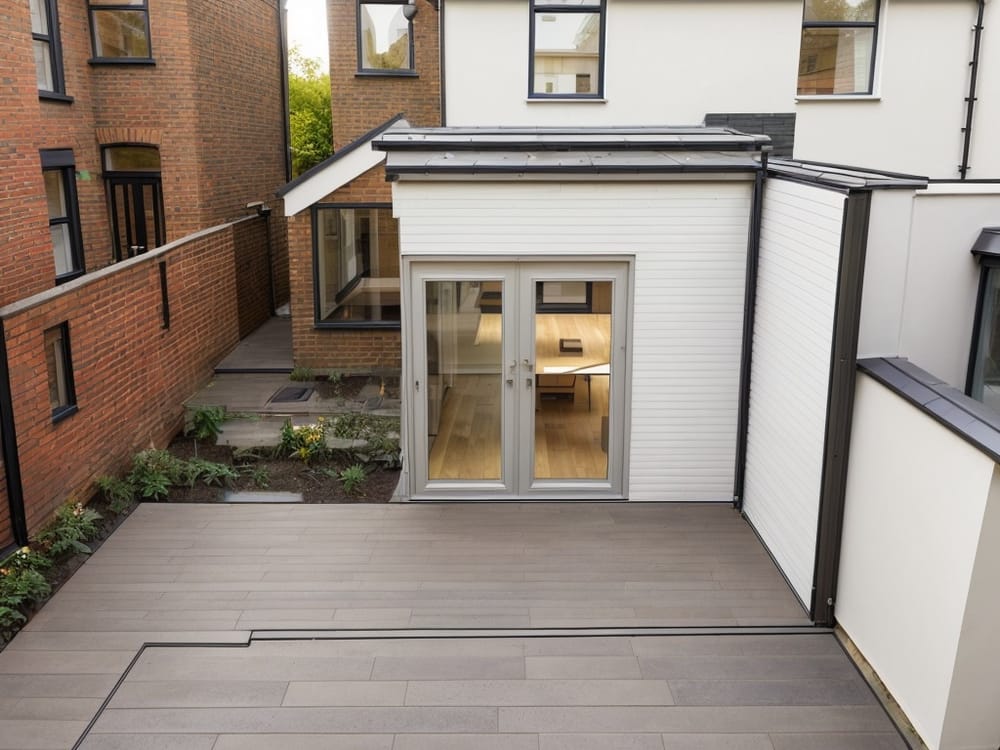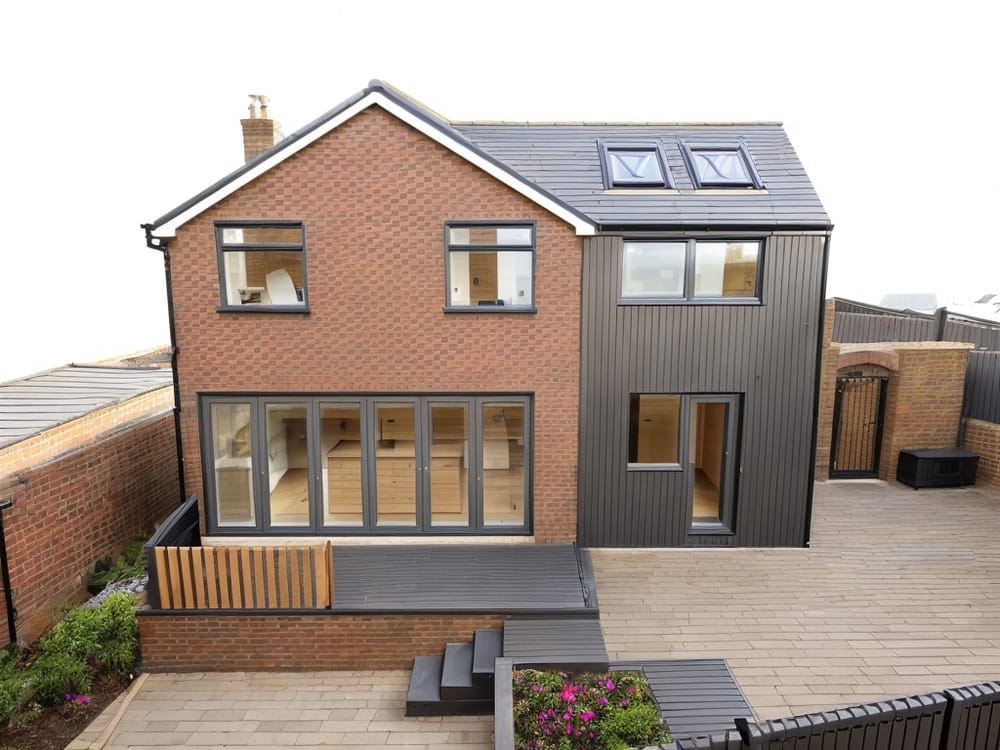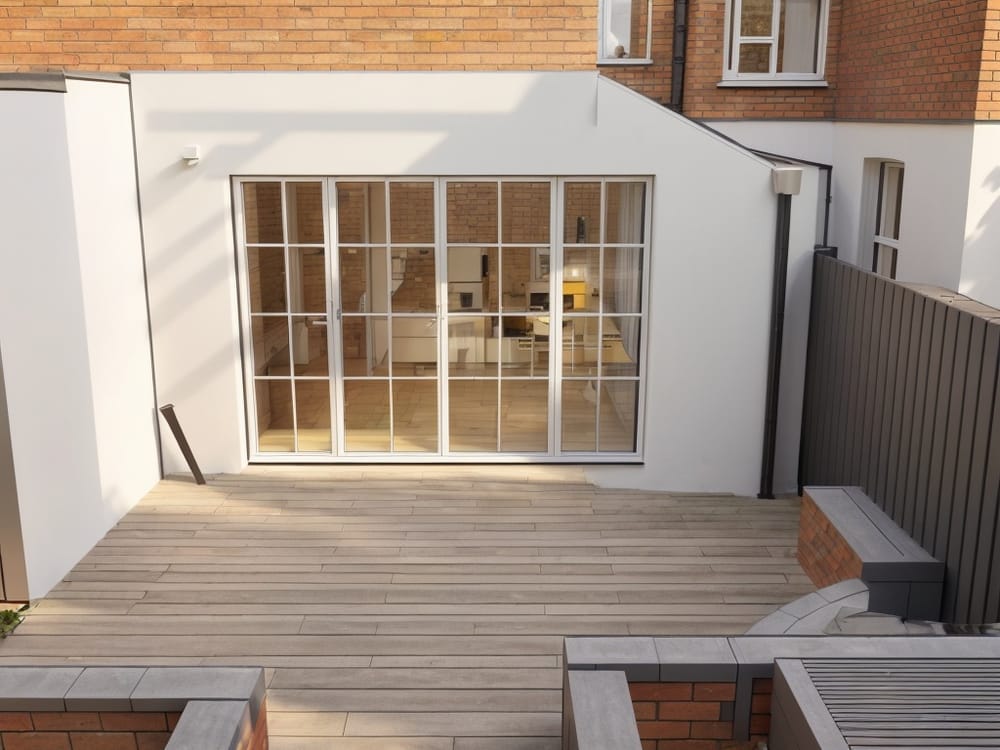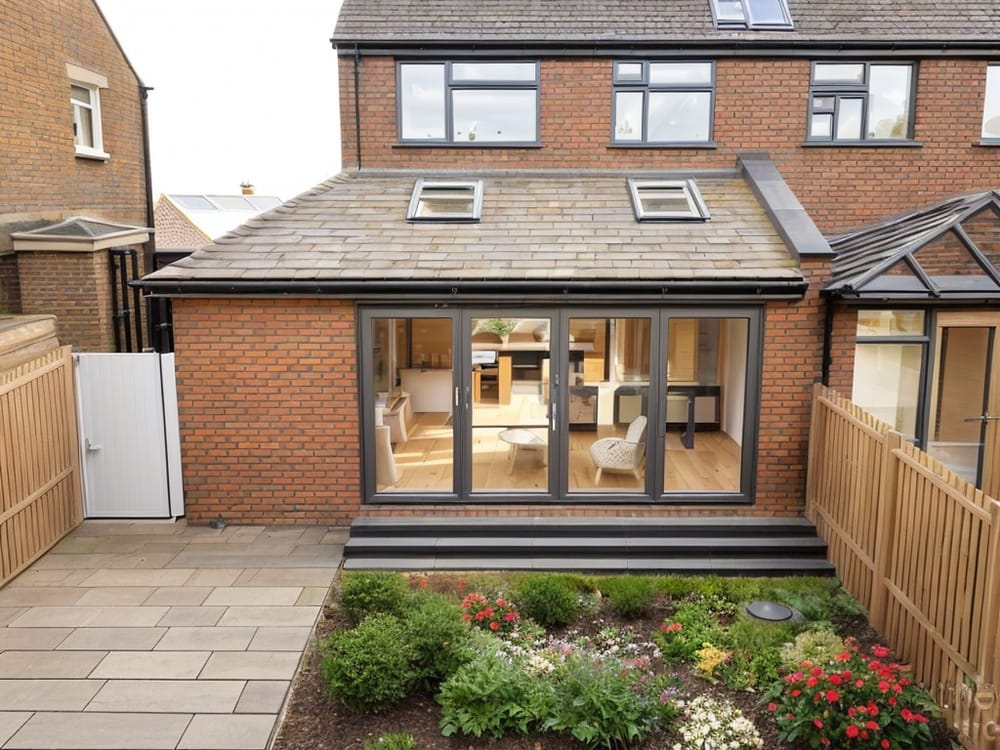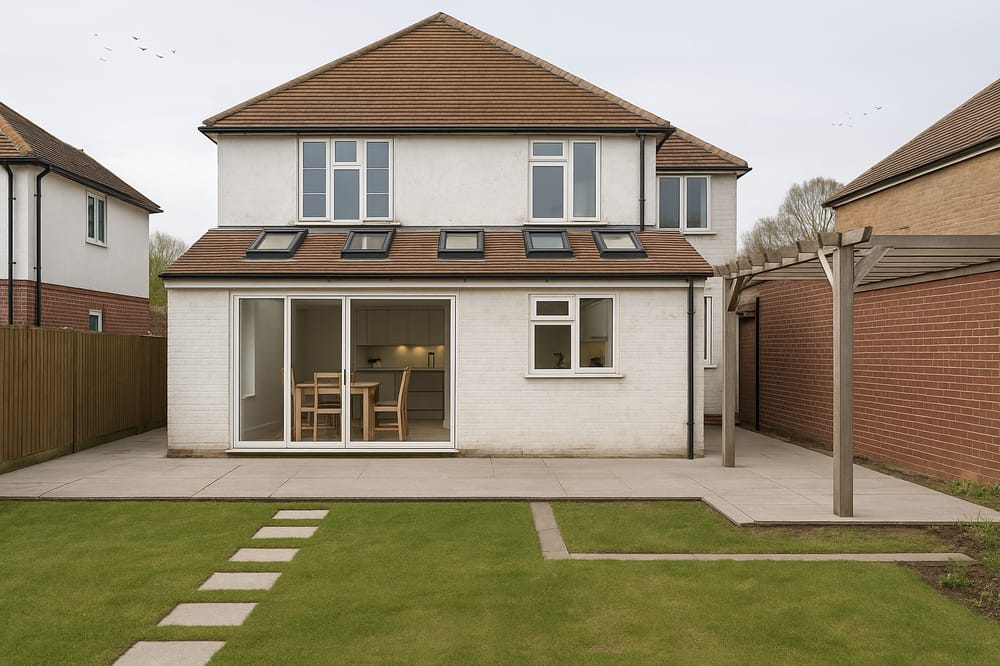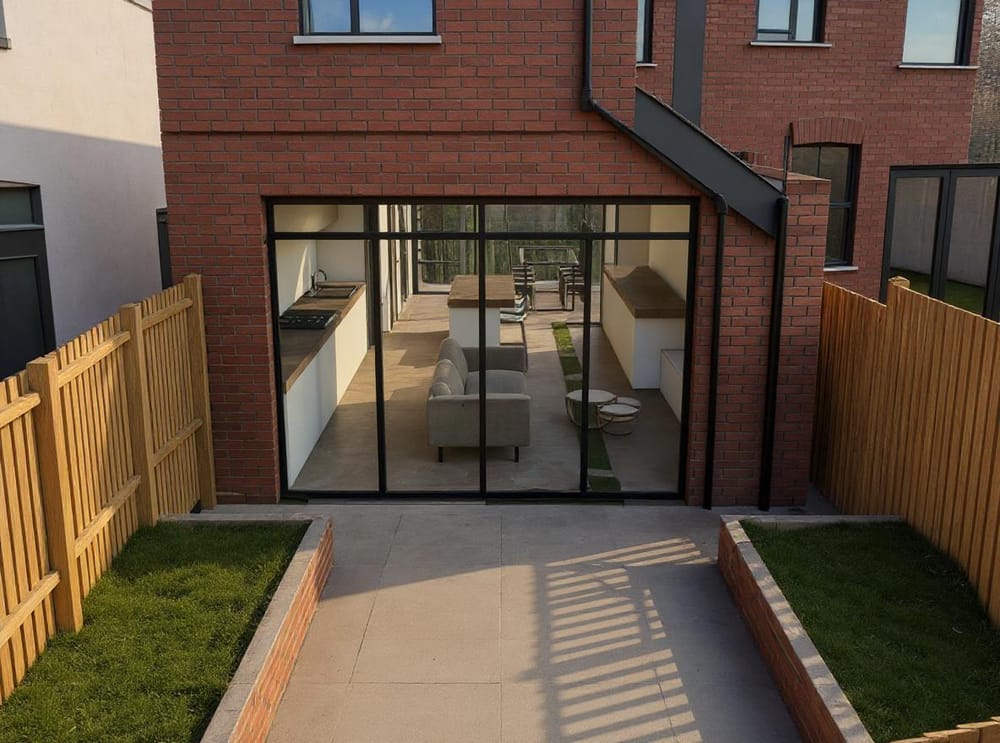‘Sorry, no couples’. This is the dreaded yet all-too-often default response falling on the ears of partners far and wide looking for shared rental opportunities. It’s a particular problem for those seeking to live in cities where competition is fierce and prices seem to be on an infinite upward curve. We’ll explore how this phenomenon has come around, what it means for decisions around living arrangements for couples and the implications of skipping renting altogether.
Is the UK rental market unfit for couples?
Before we dive in, let’s acknowledge the tiny violin in the room. Yes, couples are fortunate enough to bind finances, live together and potentially save on household bills. When we’re interrogating whether the UK market is failing couples, we’re referring to the lack of enthusiasm for their presence in house shares (or the premium they have to pay to join one) in particular. It seems, on the whole, people just don’t want to live with the coupled-up. And that’s their prerogative!
However, the Spareroom and social media platform posting trends seem to show that there’s a definite preference for single people. Other preferences that emerge more frequently include buzzwords like ‘creative’, cite dietary choices and different lifestyles – and even preferred working schedules. It’s hard enough to be a single person that fits the bill, let alone including a whole other person to hold up for scrutiny alongside you. We wonder whether it’s just got a bit too competitive, where the gap for a 9-5 regular Joe is and how it’s come to a full-blown interview marathon just for a room?
The simple answer is that the competition is rife, cities are chock a-block and rooms are being shoehorned out of apparent cupboards much of the time. And yet you may still end up forking out more for rent than a mortgage each month. Thanks to this stark reality, a number of couples are foregoing a test of the waters with renting as a pair and jumping hand-in-hand straight on to the housing ladder rather than throwing equivalent amounts of money on rent.
It could feel logical to invest the money that would have been your rental payments in a more permanent living arrangement but there are important considerations to make before signing on the dotted line. We unpack what you need to know before taking the next step.

What to consider before buying a property together
It can be tempting to romanticise two-person domestic living when you’re years into a house share with six other people. But don’t let your decision be dictated by your creeping irritation with sharing all your pans. The first consideration is perhaps the most important and the one we really can’t do much to help you with deciding on: are you really ready?
Make sure you have a shared idea of both the practical and ideal outcomes before you even sit down to speak about finances – and when you do that, it needs to be open. If you have some discomfort around discussing finances with your partner, you’ll need to discard that discomfort fast.
Shop within your budget
Research what your mortgage options are and what opportunities that opens up to you on the housing market. A fantastic option for a number of first-time buyers is to invest in somewhere that has potential but needs work done on it – a ‘fixer-upper’. Read this article to get some top tips for going down this route and get an insight into some of the pros and cons. The bottom line is: you’ll need a budget available and you’ll need to be prepared for a lot of mess and disruption that could even delay you moving in further. And, if you’re hoping to keep costs down, you might just have to roll up your sleeves and learn some DIY skills.
The fine print
Now to get to the nitty gritty of what living in a shared property entails. If you’re buying a home as a couple, you can enter into Joint property ownership. This means that both parties are equally responsible for any decisions when it comes to the property and any payments in relation to the property. Starting to feel serious yet? This guide from Lloyd’s Bank breaks down the role of joint mortgages in this type of ownership. To start you off, there are two main types of joint ownership to consider when you make the leap:
Joint tenants
This is the type of joint ownership that’s most commonly associated with marriage, although it’s not mandatory. Think long and hard before opting for this type of agreement because one of the key features is that, should you die, your share in the home goes directly to the other tenant rather than you being able to leave your part to another person in your will.
Tenants in common
Unlike the joint tenants arrangement, choosing to be tenants in common allows you to dedicate a specific share of your property to a party outside of your household in your will.
It’s vital that you agree which type of joint ownership suits your situation best as you’ll need to report it when you register your property with HM Land Registry. It should also be noted that in the unfortunate event of a co-owner losing mental capacity, you’ll need to apply through the Court of Protection to sell your property.

Alternatives to buying together
Although it can be challenging to find rooms to rent for couples (particularly in city centres) – in terms of both availability and cost – it could be a worthy investment if it means providing you with a trial run for long-term living. While it might not aid you saving, it could save you an awful lot of time and hassle down the line.
If you’re set on moving in and towering rents are making buying together seem like the most logical step, take a breath and explore what other options you have one last time. Depending on whether you secured a Help to Buy ISA or are eligible for any of the government’s affordable home ownership schemes, there’s a chance that you may be able to buy alone. This doesn’t restrict your partner from moving in and contributing to your costs in a way that’s mutually agreed and it could protect your personal position and finances if living together doesn’t work out.
Another lesser-explored option is to take part in a property guardianship scheme. This is a cheaper, more flexible (and, arguably, less stable) alternative to traditional renting. Occupants are able to live cheaply in return for keeping otherwise-empty properties occupied. Read some case studies on Global Guardians to learn more about how it works and explore whether it could be a viable path for you and your partner.
However you decide to proceed, make sure you assess all the facts and possible outcomes first. And, if you do decide to explore the fixer upper route further, we’ll be on-hand to offer any advice and expertise to take your new property to the next level. Want to discuss a potential future project? Book a free advice call with us and begin your journey to a joyful home today.



